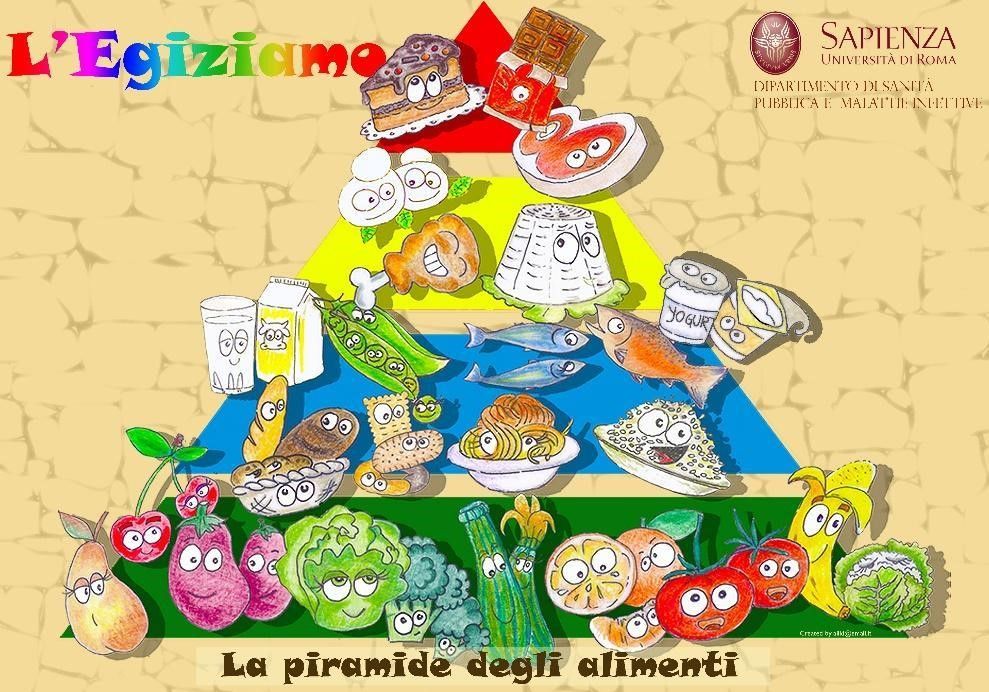
GiochiAMO: A Programme to Promote Children’s Health through Play
Project GiochiAMO was developed by the Sapienza Department of Public Health and Infectious Diseases, coordinated by Prof. Giuseppe La Torre, for primary school children. The initiative is part of a larger series of studies for the promotion of health in school, at university, at work and in communities.
The aim is to teach children to eat correctly, exercise regularly and avoid unhealthy behaviour, as well as good psychic and social health, by creating a context promoting debate, social exchange and active learning.
GiochiAMO has achieved these objectives by addressing topics such as healthy eating, motor activity and anti-alcohol and smoking campaigns in second and fifth-year elementary school classes. In order to change behaviour, traditional knowledge transmission was supported by game, a tool for growth and interaction with a promising educational and pedagogical value. By exploiting its aggregative and creative nature, the project inserted ludic activities such as cards, board games and active games into the didactic programme.
Moreover, in order to consolidate the acquisition of positive and flexible behaviour to the difficulties of daily life, GiochiAMO has introduced another fundamental innovative element: life skills. Thus, children in primary school will acquire psycho-social competences recognised by the World Health Organisation in reference to a wide range of cognitive, emotive and relationalabilities that will allow them to identify and satisfy their health needs and act knowingly both on the personal and social levels.
“Diseases related to bad life styles or Non-Communicable Diseases (NSDs),” explains Project Manager Giuseppe La Torre, “are largely preventable and, as prevention is the least invasive and cheapest form of cure, it is important to address these issues from childhood.”
The project results, which were determined by comparing the ex-ante and ex-post conditions, revealed significant changes in terms of understanding of “hot” issues as well as the positive behaviour in terms of eating and exercising.
GiochiAMO has recently been proposed as a good practice in the Projects and Actions Database (Pro.Sa.) and further developments are extending the project to address vaccinations.
For further Information
Giuseppe La Torre
Department of Public Health and Infectious Diseases, Sapienza University of Rome
giuseppe.latorre@uniroma1.it



